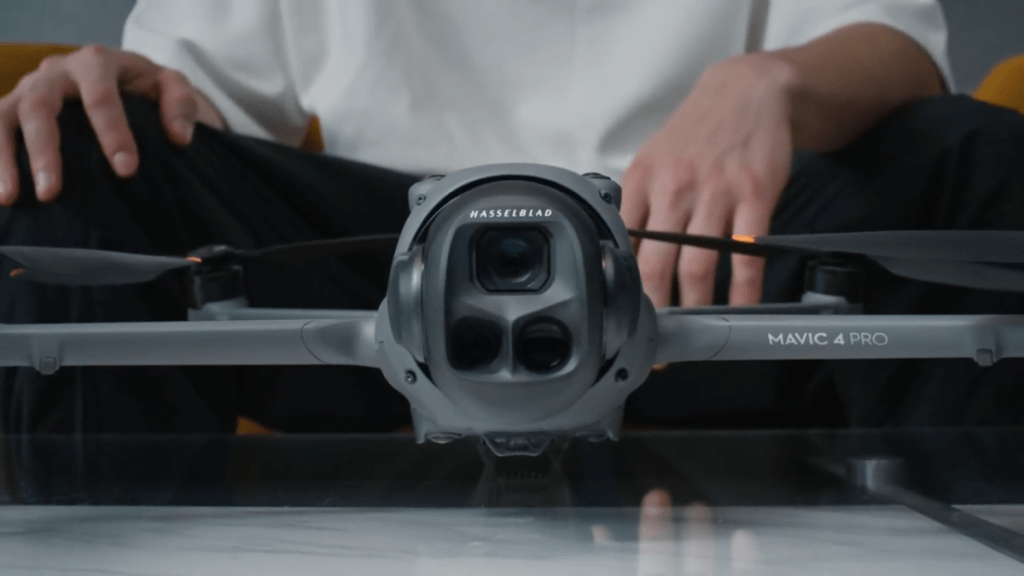Rubber duck debugging is a problem-solving technique that originated in the world of software development. However, it has applications in any field or pursuits you can think of.
Writing in The Conversation, Elliot Varoy, a senior lecturer of computer science at the University of Sydney, says that talking your problems through with an inanimate object might help you find solutions you otherwise couldn’t have.
Videos by VICE
In reality, the rubber duck could be anything: a wall, a pencil, your dog. However, the original idea originates from “The Pragmatic Programmer,” a 1999 book on computer programming and software engineering written by Andrew Hunt and David Thomas, which suggests discussing your code with a literal rubber duck.
Ducks don’t know JavaScript, so they won’t help you with any tips and tricks. But explaining your logic out loud often reveals what your internal model monologue glosses over. Once you have to say what you’re doing, it’s harder to ignore your mistakes.
Your ear will catch them better than your inner monologue ever could, which is often a jumbled, echo-y mess. Or, at least, my brain is. But your speaking voice is singular and noticeable.

Feeling Stressed? A Rubber Duck Might Be the Therapist You Need.
This trick works because speaking forces your brain into teaching mode. Educational researchers find that self-explaining, meaning the literal out-loud narration of your thought process, helps break down complex concepts, helps you plug holes in logic, and helps you spot gaps you didn’t know were there.
The rubber duck has no opinions of its own. It does not make assumptions about your thoughts. It doesn’t judge you for them either. You have no history with it, not a personal one anyway, that taints its opinion of you or your ideas.
It’s just a thing with a cute face onto which you can vomit out all of your brain’s inner workings in the hope of finally being able to see the problem that’s plagued you for so long.
The rubber duck was a very 1999 tool. In the modern day, Varoy notes that some people have upgraded to AI chatbots like ChatGPT, which will not let you ruminate out loud, occasionally pushing your ideas and new directions while always being overly complimentary.
I would argue that maybe ChatGPT isn’t the best tool to turn to for this. That’s a slippery slope that could lead directly to AI psychosis. I have read and published too many stories in the past year about people who have lost their minds because ChatGPT convinced them that they were super geniuses.
Varoy points to some researchers who built a robotic rubber duck that nods or offers “brief, neutral replies to your explanations,” if you’re looking for a more responsive inanimate object to bounce your ideas off of, but a good old-fashioned rubber duck sounds a lot cheaper.
More
From VICE
-

Credit: DJI -

Looks pretty real, right? Sora 2 generated this. – Credit: OpenAI -

New Amazon Fire TVs – Credit: Amazon -

(Photo by Josh Brasted/Getty Images for ESSENCE)
